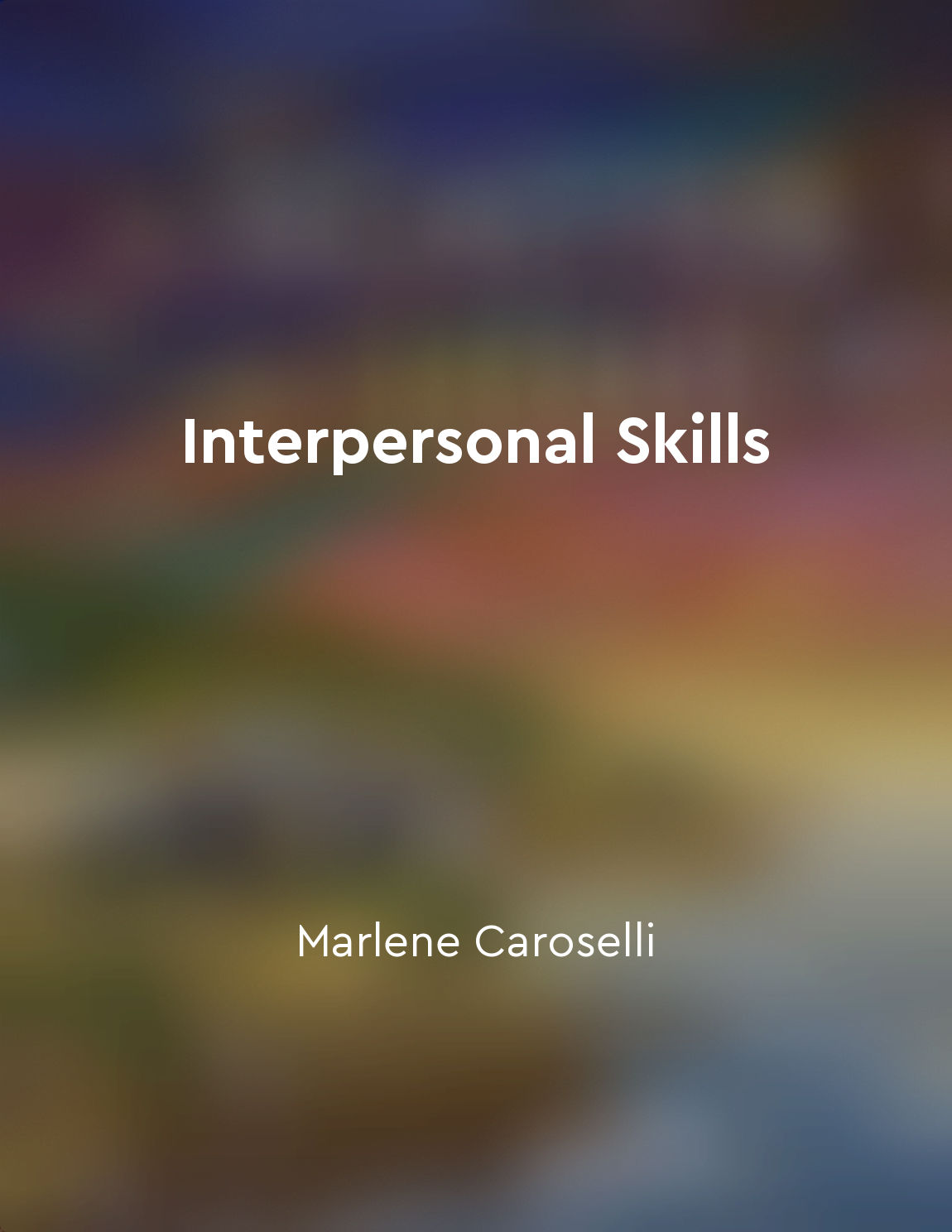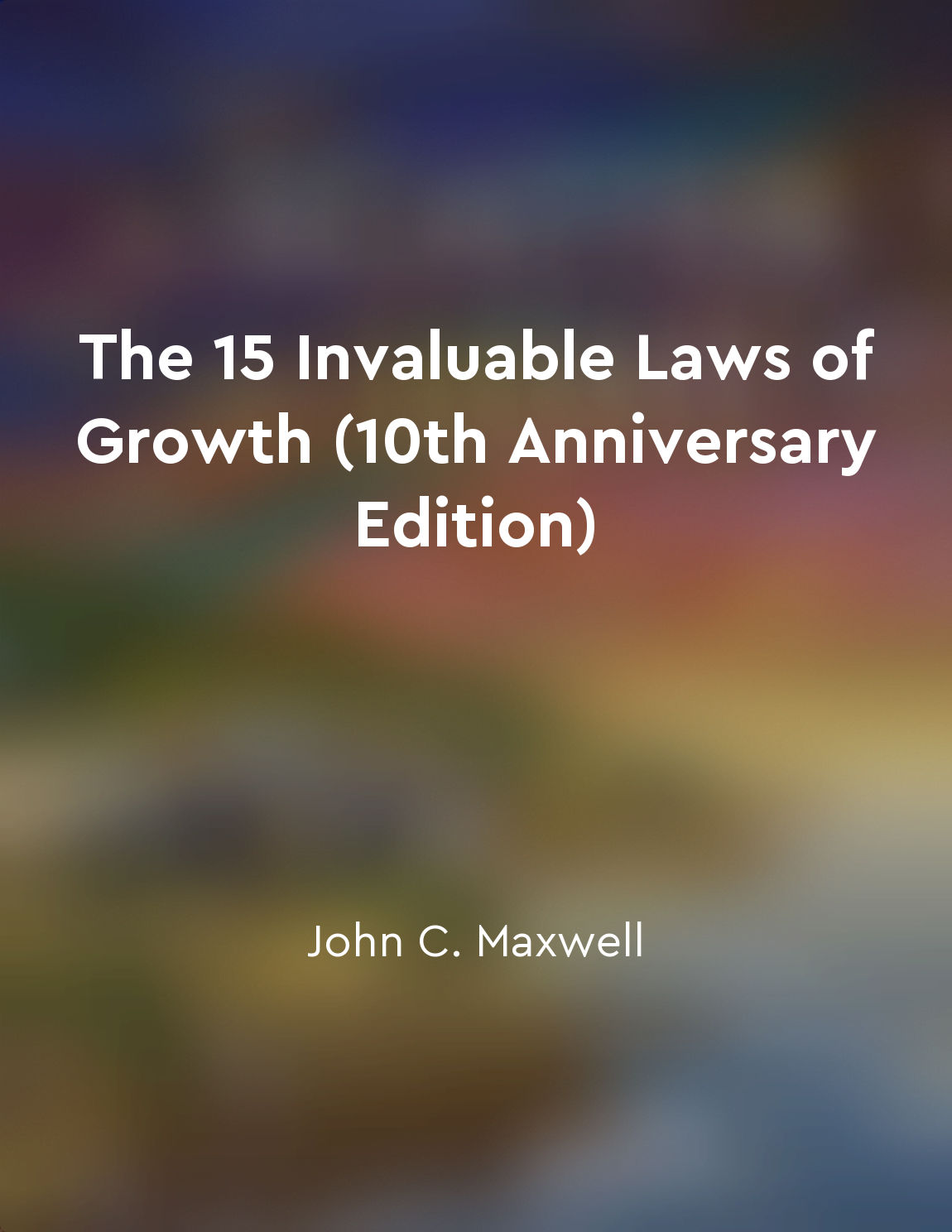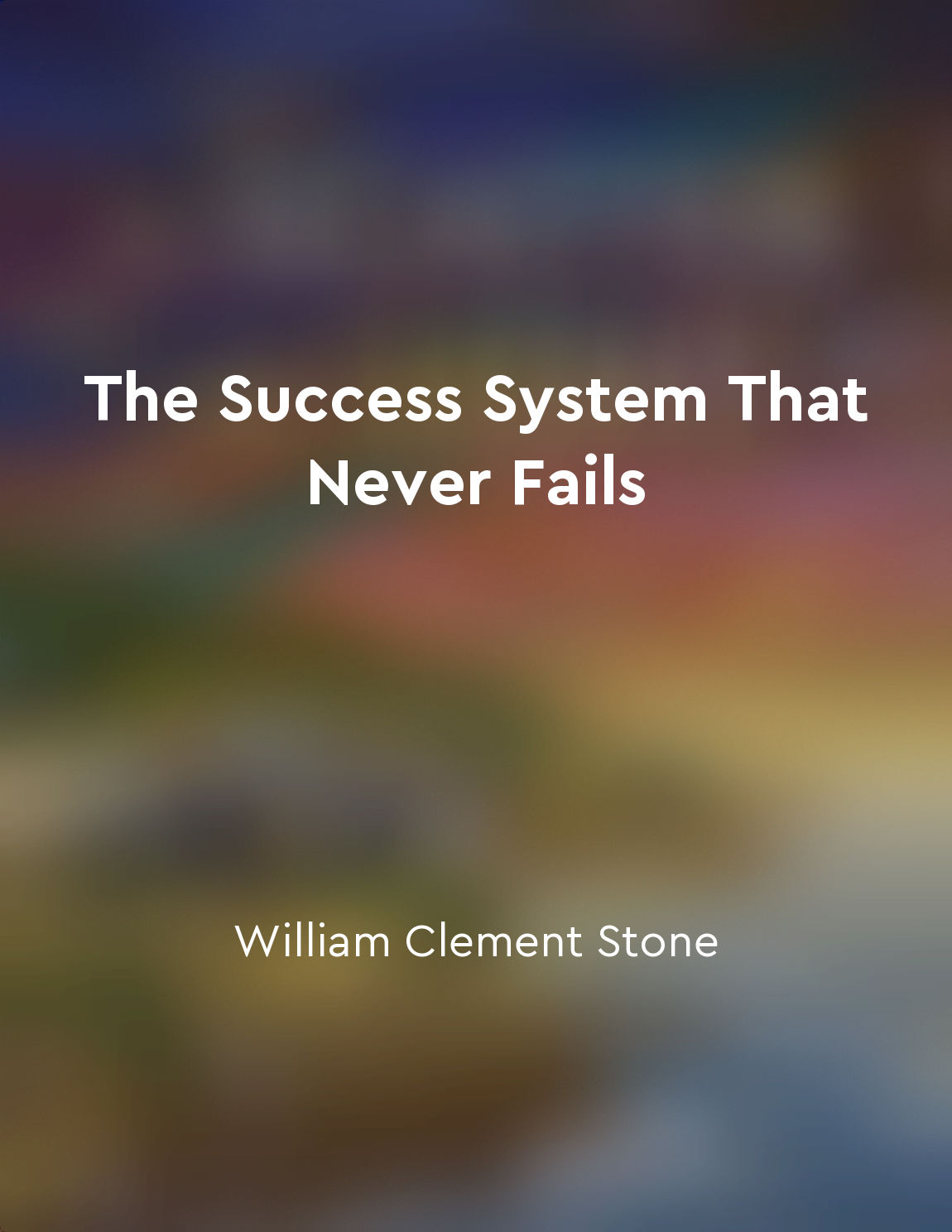Offer meaningful feedback to students from "summary" of Blended Learning in Action by Catlin R. Tucker,Tiffany Wycoff,Jason T. Green
When providing feedback to students, it is essential to make sure that the feedback is meaningful and impactful. Students need feedback that goes beyond just a grade or a score; they need specific, actionable information that can help them improve. Meaningful feedback should be timely, relevant, and personalized to each student's needs and learning goals. One way to offer meaningful feedback is to focus on the learning process rather than just the end product. Instead of simply telling students whether they got an answer right or wrong, provide feedback on how they arrived at that answer. Encourage students to reflect on their thought process and consider alternative approaches. This type of feedback promotes critical thinking and helps students develop a deeper understanding of the material. Another key aspect of meaningful feedback is providing students with clear, specific suggestions for improvement. Instead of simply pointing out mistakes, offer guidance on how they can correct those mistakes and avoid them in the future. This type of feedback is empowering for students because it gives them tangible steps they can take to enhance their learning. In addition to being specific, meaningful feedback should also be actionable. Students should be able to take the feedback they receive and use it to make concrete changes to their work. This might involve revising an assignment, seeking out additional resources, or practicing a particular skill. By making feedback actionable, students are more likely to see improvement in their learning outcomes. Finally, it is important to remember that feedback is a dialogue, not a monologue. Encourage students to reflect on the feedback they receive and ask questions if they need clarification. This back-and-forth exchange helps to deepen students' understanding of the material and fosters a sense of collaboration between teacher and student. By engaging students in the feedback process, educators can ensure that the feedback they provide is truly meaningful and beneficial to student learning.Similar Posts

Trust is the foundation of any healthy connection
Trust is the bedrock upon which all healthy relationships are built. Without trust, a connection is like a house of cards waiti...

Growth is essential for success
In life, growth is not only important but essential for reaching success. Just like a plant needs to grow in order to reach its...

Building good habits can lead to longterm success
In life, success is not a matter of chance or luck, but rather a result of consistent actions and habits that lead to long-term...

Develop emotional intelligence to navigate life's challenges
Emotional intelligence is a vital skill that can help you successfully navigate life's challenges. By developing your emotional...
Educators must be open to change and growth in their teaching
Educators who are committed to their profession must possess a willingness to embrace change and growth in their teaching pract...
Prioritize personal wellbeing to maintain balance and harmony in life
In order to be effective in all aspects of our lives, it is essential that we prioritize our personal wellbeing. This means tak...
Embrace change
The concept of change is one that can often evoke fear and resistance in many people. We tend to become comfortable in our rout...
Keep learning and growing
The key to success lies in our ability to constantly learn and grow. This process is not limited to formal education or profess...
Interpersonal skills are essential for effective communication
The ability to effectively communicate is a crucial skill in today's world. It is not enough to simply convey information; one ...
Cultivating a sense of humor can help in diffusing tense situations at work
When we find ourselves in tense situations at work, it can be all too easy to react with anger or frustration. However, by cult...
